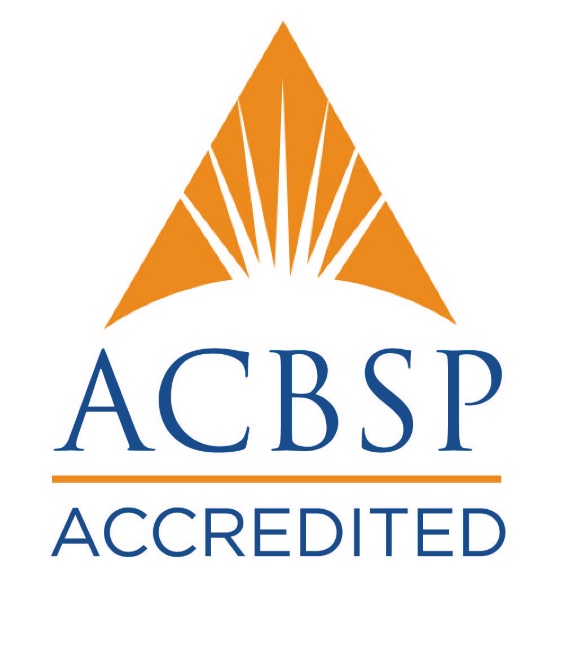Learn More
Health Care Management directly affects the quality of care available to a community. From assessing the service needs of the local population to managing workforce and supply chain challenges to compliance with legal and ethical requirements, modern health care needs skilled managers and administrators. These skills can help provide strategic leadership initiatives to successfully position health care organizations for future success. Cedar Crest’s online Health Care Management certificate focuses learners on the process of implementing and assuring effective and efficient quality health care practices.
The 12-credit, fully online graduate certificate in Health Care Management is designed for the busy working adult who wants to make a career change or advance in their current field. The certificate can be completed in one to two years. Graduates of the program will be equipped with the skills needed to take an analytical approach to increasing organizational effectiveness for health care delivery and to meet contemporary ethics standards. With this unique skill set, students can pursue new or transitioning careers such as Facility Manager or Staff Administrator where their role serves to provide managerial, leadership, budgeting and operational direction to assure delivery of quality health care outcomes.
This business certificate can be completed as a stand-alone credential or in combination with select other Cedar Crest graduate certificates to complete the innovative online Master of Professional Studies degree.
Learn more about the Master of Professional Studies degree here.
The goal of the certificate program is to provide students with the ability to:
- Create strategies for health care organizations to successfully assess population health and enhance quality outcomes by leveraging appropriate processes and policies.
- Assess operational requirements for health care organizations, such as budgeting, scheduling, quality control, supply logistics, legal compliance and working with vulnerable populations.
- Leverage budgeting and financial decision-making techniques, including allocation of financial resources, understanding the revenue cycle and interpretation of financial statements.
- Develop strategies for organizational redesign, including staffing budgets, outsourcing, job design and strategic resource pools.
- Develop strategies for continued organizational compliance with legal and regulatory requirements, as well as positive organizational ethics.
Required Courses
Dive A Little Deeper
How To Apply
Ready to apply as a graduate student?

Accreditation

The Cedar Crest College business program is accredited by the Accreditation Council for Business Schools and Programs (ACBSP).
ACBSP Current Graduation Data
ACBSP Historical Graduation Data
Nov. 2019 Report
Faculty & Staff
Who’s teaching you is as important as the curriculum you choose.
Let’s put a face to some of the names you’ll be seeing on the course listings!

Michael Zalot
Chair of Business, Director of the Modular Master of Science program, and Associate Professor

Scott V. Bartkus
Director of the MBA Program, Assistant Professor
Nina Patel
Assistant Professor of BusinessNina Patel
- Gujarati

Beverly Magda
Founding Director of the Elaine and John Harmon Center
Brigitte Nassar
Administrative AssistantBrigitte Nassar
- Arabic
- English
- School of Adult and Graduate Education
- sage@cedarcrest.edu
- P: 610-740-3770
- Traditional Admissions
- admissions@cedarcrest.edu
- P: 800-360-1222
- F: 610-740-3780
Featured Event
